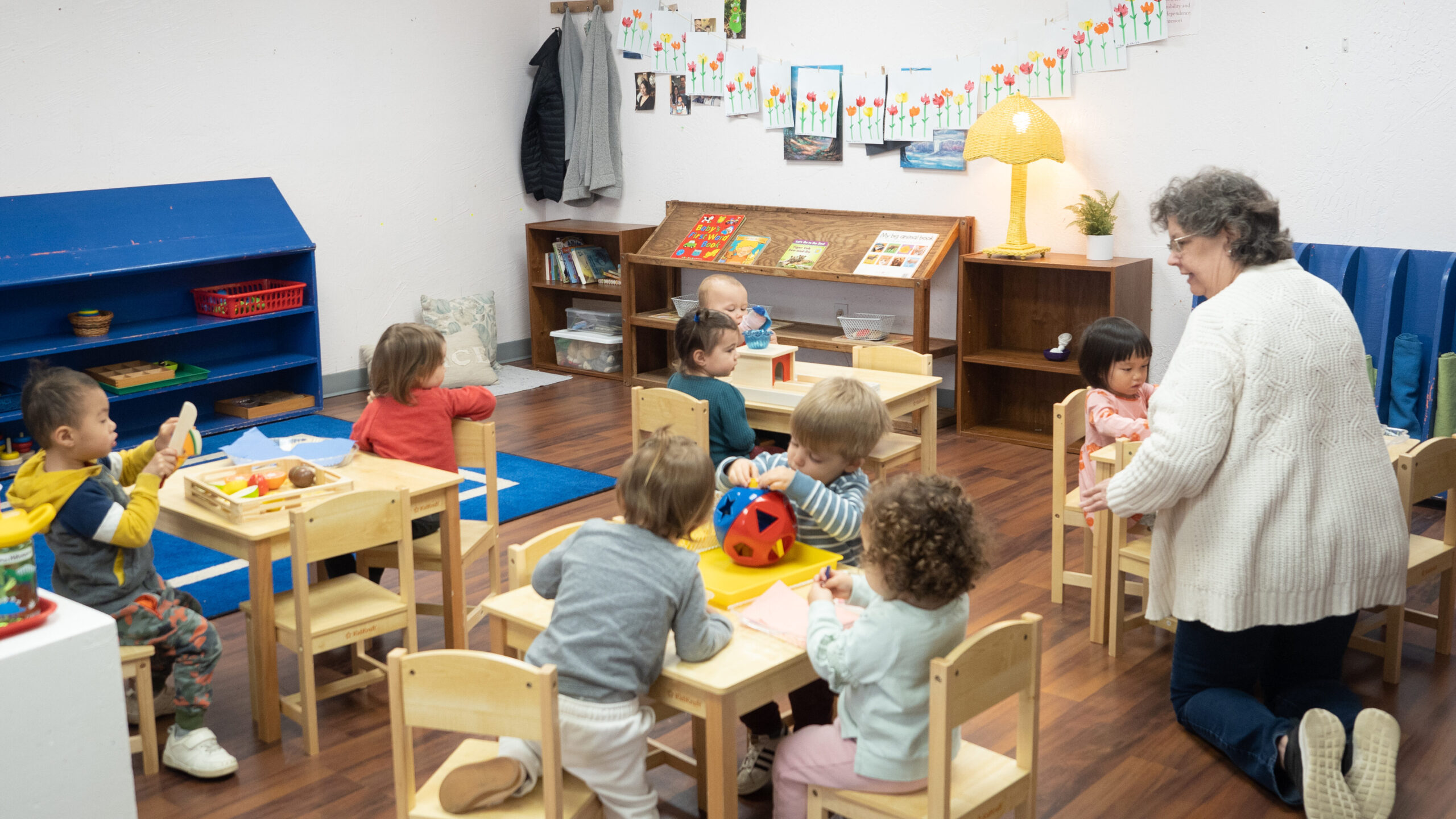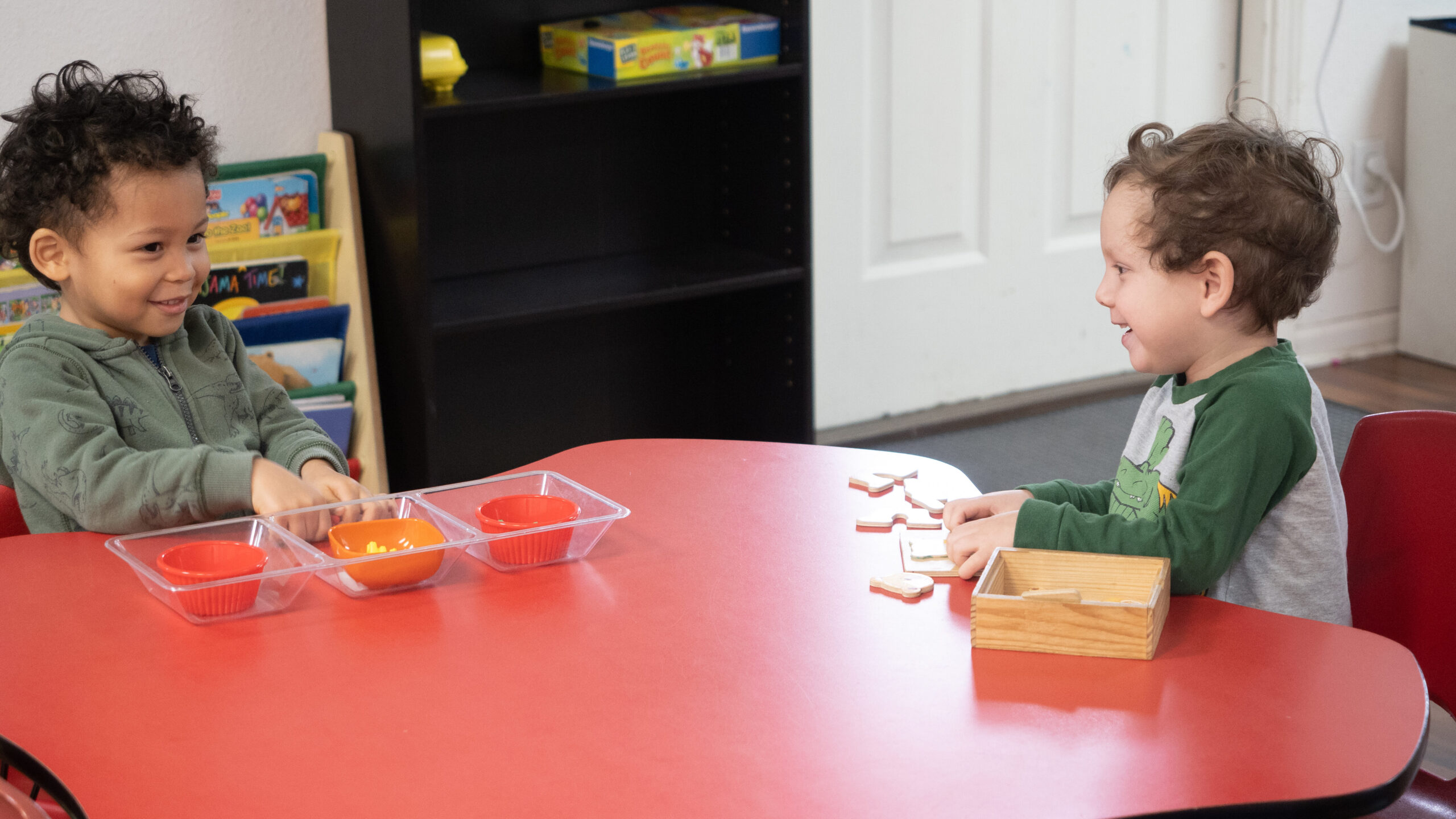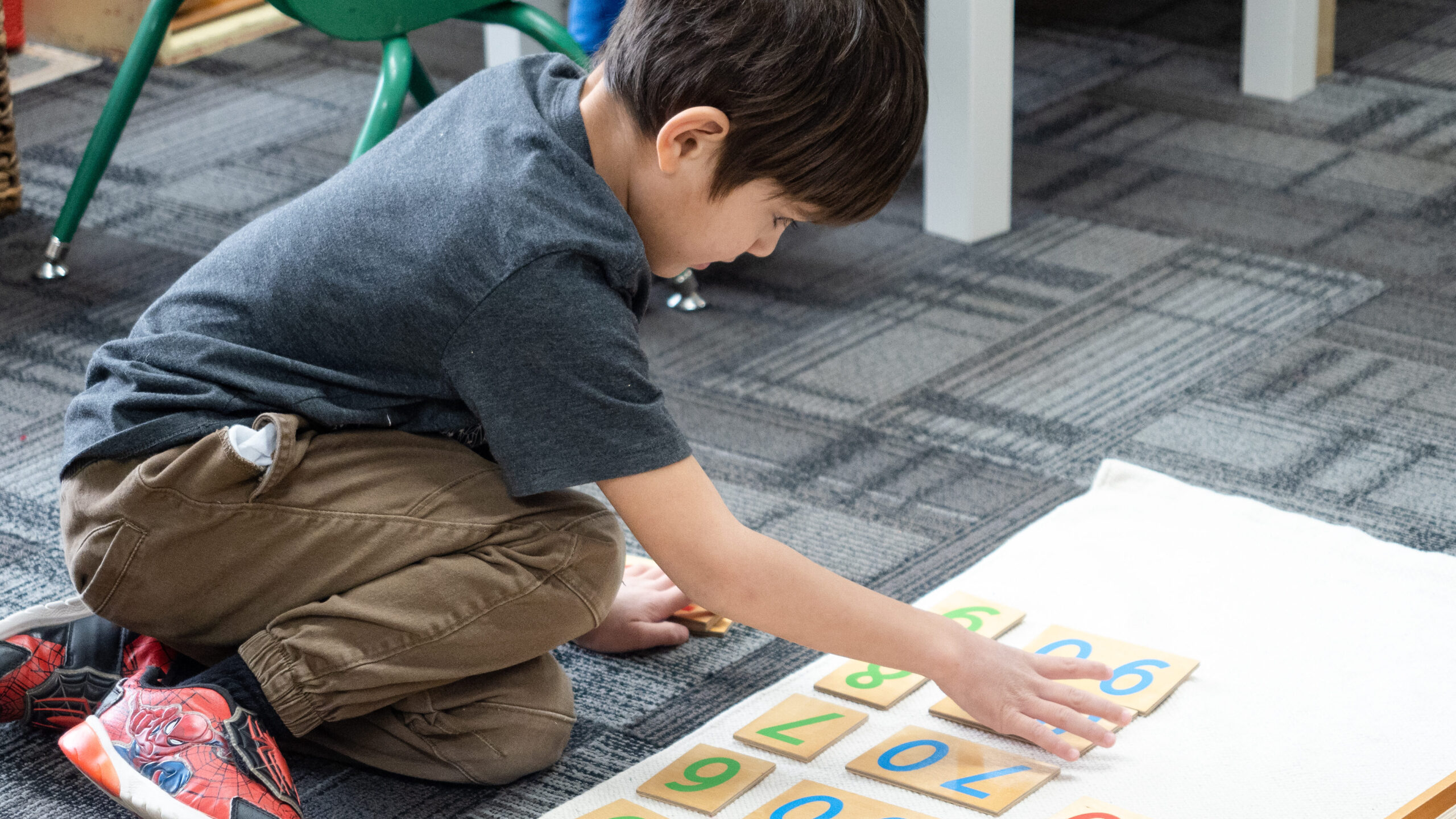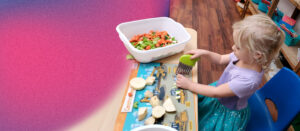Why is Practical Life Important in the Montessori Classroom?
Practical life activities are an integral part of the Montessori curriculum.These activities involve teaching children real-life skills such as pouring, sweeping, washing dishes, and dressing themselves. The Montessori approach believes that practical life activities are essential to a child’s development as they help them become independent, develop coordination, and refine their motor skills. Below are 5 reasons why practical life is so important in the Montessori classroom.

1. Developing Independence
The Montessori approach believes in fostering independence in children from an early age. Practical life activities provide children with the tools they need to become self-sufficient. Through these activities, children learn to take care of themselves, their environment, and others. For example, a child learning to dress themselves gains the ability to take control of their own body and understand their needs. This ability then leads to self-confidence and self-esteem, both of which are essential in developing independence.
2. Building Coordination and Concentration
Practical life activities require a great deal of concentration and focus. Children must pay attention to what they are doing and complete tasks with precision. These activities also help develop coordination and fine motor skills, which are essential for future academic success. By practicing practical life skills, children learn to control their movements, develop their hand-eye coordination, and improve their dexterity. These skills then translate to other areas of their life, including academic pursuits.
3. Enhancing Social Skills
Practical life activities also provide opportunities for children to learn and practice social skills. For example, preparing food for others in the classroom provides an opportunity for children to learn about sharing, taking turns, and collaboration. Children learn to communicate with each other, listen to others, and work together to achieve a common goal. These skills are essential for success in all aspects of life, including school, work, and personal relationships.

4. Encouraging Order and Responsibility
The Montessori approach believes in instilling a sense of order and responsibility in children. Practical life activities teach children the importance of being responsible for their actions and their environment. For example, a child who is responsible for watering the plants in the classroom learns to care for living things and understands the importance of their role in maintaining the classroom environment. This sense of responsibility then extends to their personal lives and beyond.
5. Preparing for Future Learning
Practical life activities prepare children for future academic pursuits. These activities help children develop concentration, self-discipline, and problem-solving skills. They also provide a foundation for the development of more complex skills, such as reading, writing, and mathematics. By providing children with a solid foundation in practical life skills, they are better equipped to handle the challenges of future learning.

Practical life activities are an essential component of the Montessori curriculum. These activities provide children with opportunities to develop independence, coordination, social skills, responsibility, and prepare for future learning. By practicing practical life skills, children become confident, capable, and independent individuals who are well-equipped to handle the challenges of life.


